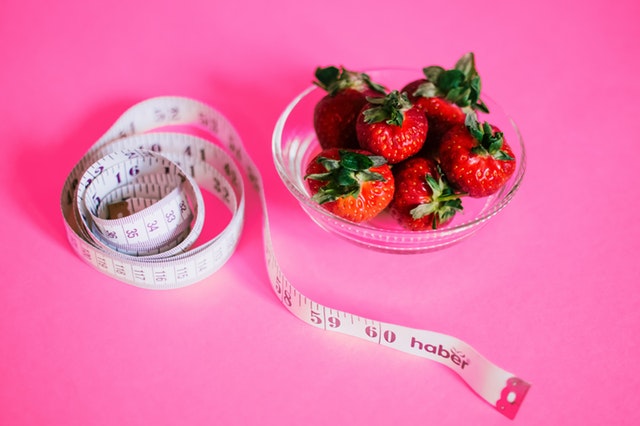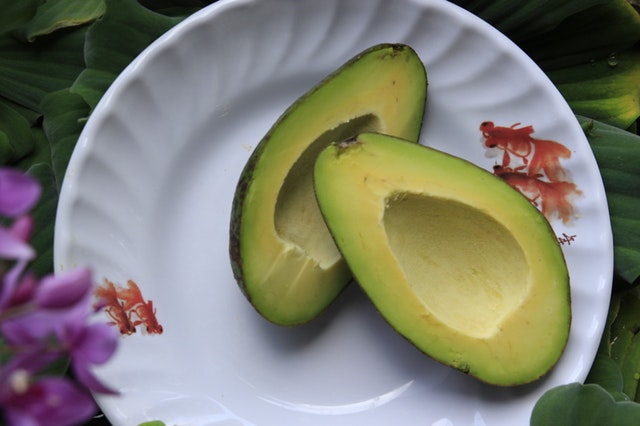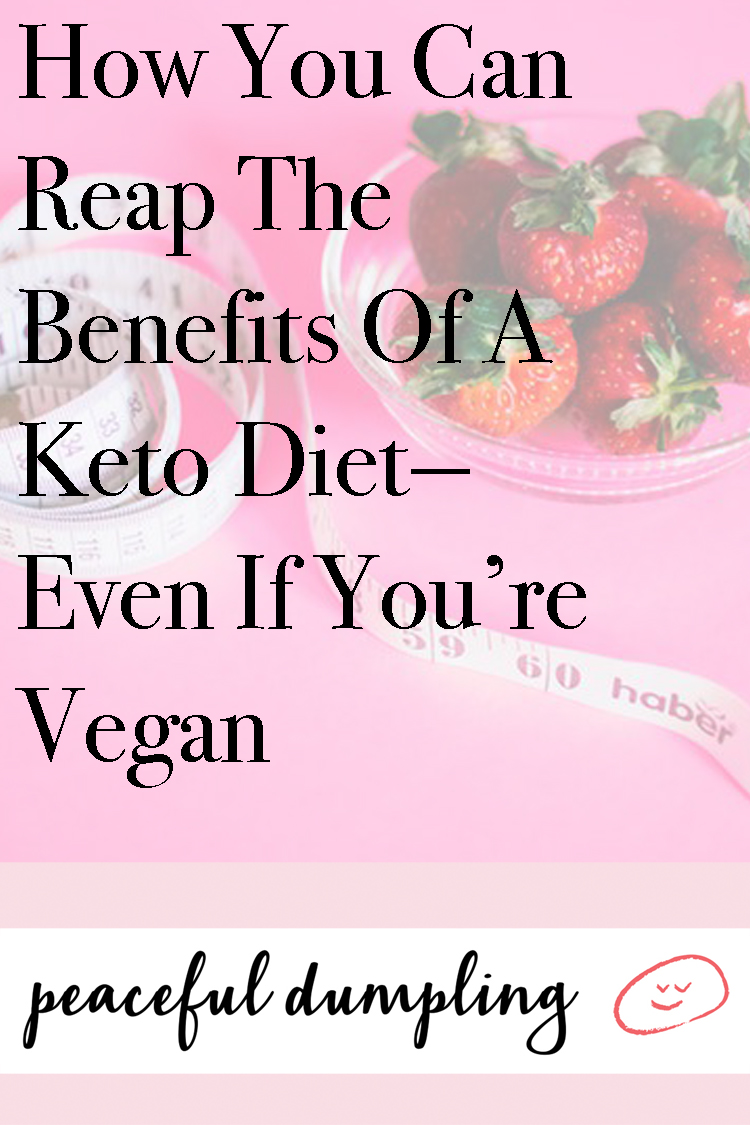Low-carb diets are quickly rising in popularity, especially after the recent release of The Magic Pill documentary on Netflix, which preaches the benefits of the ketogenic diet. Proponents often say that by adopting this high-fat diet and loading their plates with meat, dairy, and eggs while limiting fruits and vegetables, people can lose weight and cure a whole range of other illnesses. While many medical professionals don’t recommend restrictive diets like keto for weight loss, some people with chronic health conditions find that limiting carbs helps manage their symptoms.
So, what are the real pros and cons of the ketogenic diet? And do you really need to eat a meat-based diet in order to reap any benefits?

The “low-carb” label simply refers to a diet in which carbohydrates are restricted, while keto is a bit more specific. The keto diet includes approximately 50 total grams of carbs per day, with the goal of consuming only 20 “net” carbs, which refers to total carbs minus grams of fiber. Our bodies prefer to run on glucose (a.k.a. carbohydrates), but when you consume 20 grams or less of net carbs, your blood sugar levels drop, and molecules called ketones build up in the bloodstream. Your body will then be forced to run on ketones (a.k.a. fat), and you’ll begin to burn the fat that you consume.
Many dietitians and doctors insist that keto diets should only be used for weight loss in the short-term (and preferably under medical supervision), and the weight loss mechanism isn’t magic: most people on keto simply find themselves curbing their hunger by eating so much fat, and therefore, they naturally consume fewer calories. Going on a strict and risky diet like keto for weight loss isn’t necessary—you can lose weight on any diet as long as you burn more calories than you consume. Besides, the health risks of ketogenic diets, including muscle loss, fatigue, potassium deficiency, and in extreme cases, damage to the heart, have led many healthcare experts to discourage this way of eating.
Here’s where things get interesting. Early studies on keto are showing benefits for people with conditions like Type 2 diabetes and PCOS. This diet has also been used for decades to help patients with epilepsy. Yes, a keto diet will always carry risks because our bodies and brains do prefer to run on glucose, but if someone is already struggling with a chronic illness, those risks might be worth the potential rewards. Everyone’s body is a little bit different, and if someone finds that eating a ketogenic diet helps them manage symptoms of a health condition that may be difficult to treat, it’s understandable that they might want to continue down this path, preferably with guidance from a doctor or dietitian.
However, many keto enthusiasts, such as those profiled in The Magic Pill documentary, insist that in order to reap any potential benefits of this diet, you have to consume animal products like beef, cheese, bacon, eggs, and butter. This flies in the face of everything we know about nutrition, and promoting a diet based on animal products is not sustainable for the environment. Is there a better way? For example, if a vegan woman dealing with PCOS wants to see if keto will alleviate some of her symptoms, but she cares deeply about animal welfare and sustainability, can she still give it a shot?
The answer is yes. Keto is simply about macros, whereas veganism is all about the source of your food. While many vegans prefer a high-carb diet, you can also flip that ratio around. There are plenty of high-fat (and delicious) plant foods out there.

If people are going to attempt this diet, they should know that it’s totally possible to do it without consuming any animal products. Furthermore, a plant-based keto diet will be lower in saturated fat with zero cholesterol, both of which can raise your risk of heart disease. It also eliminates the increased cancer risk that comes along with consuming red meat and processed meat.
Which plant foods are vegan-keto friendly? There are plenty of tasty, healthy options, many of which are already popular vegan favorites.
Vegans interested in eating a ketogenic diet to manage a health condition should focus on basing meals around tempeh, tofu, seitan, and some mock meats. Vegan cheese is also keto-friendly. Mushrooms, leafy greens, and cruciferous vegetables like broccoli and cauliflower are packed with essential nutrients. Tasty plant fats like avocado and coconut are super satiating, and nuts, nut butters, and seeds are great for snacking throughout the day. Leave a little room for antioxidant-rich berries, fermented foods to help your gut, and sea vegetables to boost your iodine. And, of course, B12 supplements are still necessary.
Thankfully, there are already nutritionists out there working to dispel the myth that low-carb diets need to be based around animal products: Liz MacDowell, the founder of the website Meat Free Keto, is coming out with a vegan keto cookbook this fall.
At the end of the day, it’s important to remember that we need all three macronutrients—carbs, fat, and protein—to function at our best. Whether you want to eat high-carb, high-fat, or take a more balanced approach, we can find a way to do it that doesn’t harm animals or our planet.

Are you a vegan who has tried a keto diet? What has your experience been like?
Also by Jane: My Stubborn Acne Cleared Within A Week After Eliminating *This* From My Diet
Related: I Tried Obesogen-Free Diet & Results Were Almost Instant—Here’s How To Implement
‘Sexiest Vegan’ Maggie Q’s Genius Advice For Thriving On A Vegan Diet
Get more like this—Subscribe to our daily inspirational newsletter for exclusive content!
__
Photo: Pexels
